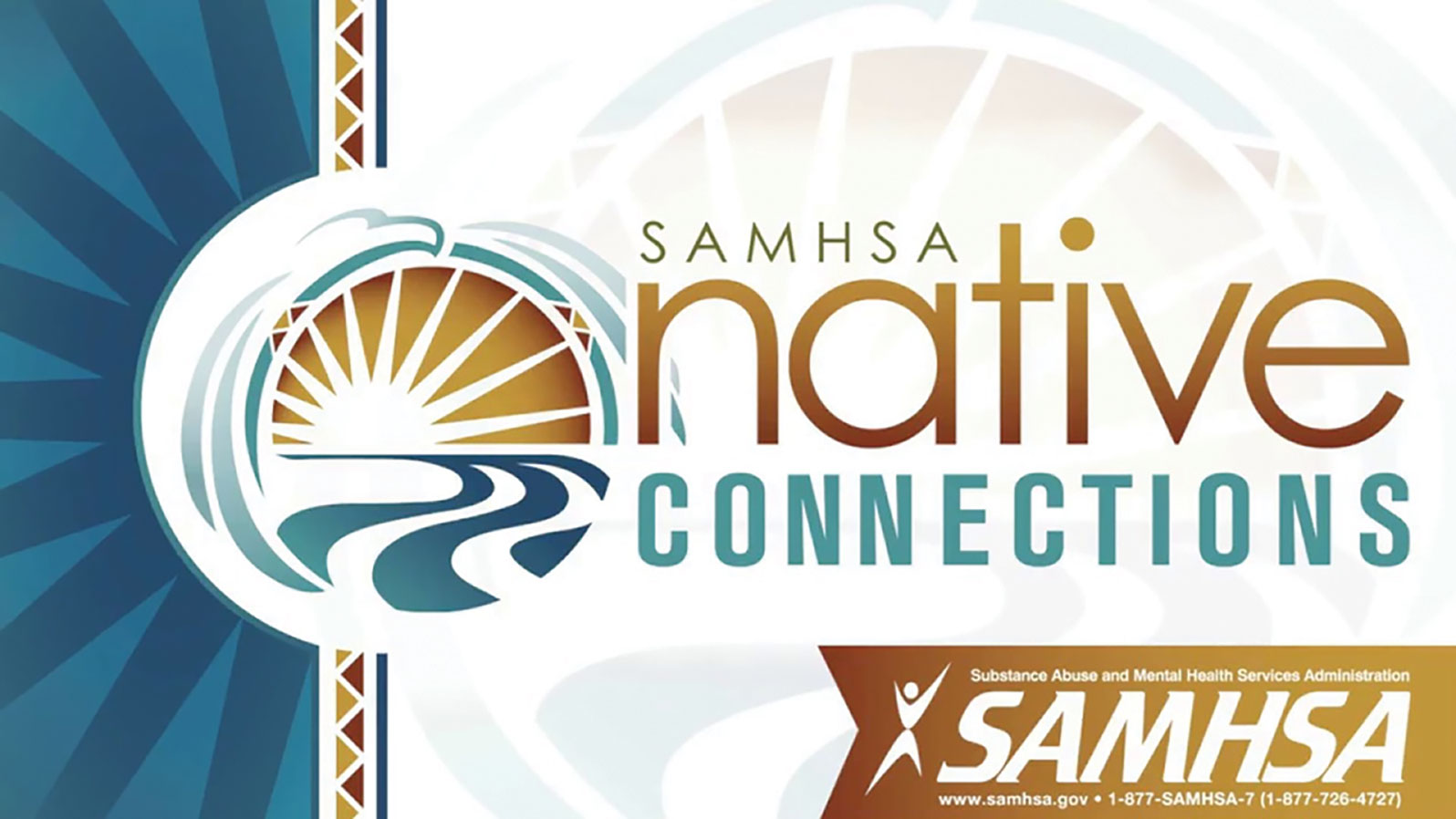Let’s start by asking, what does mental health mean to you?
That might seem like an odd question, but definitions and practices of mental health vary immensely across history and cultures. For example, some cultures have no concept or word for “depression” and what we call “disorders” in Western culture are often viewed in different ways in other parts of the world.
The point is, it’s important to think about what mental health feels like to YOU. Is it time with family? Time in the natural world? Laughing with friends, riding horses, tending your garden, cooking a big meal?
One common theme that does seem to be present in many different approaches to mental health is the necessity of human connection. Our nervous systems are wired for connection, as the popular scholar, Brene Brown, is famous for saying. Isolation is a sure way to stress human resilience, which is why COVID social distancing created such a lasting and devastating impact on mental health across the nation.
We also know that even though we have the term “mental health,” it is inseparable from other kinds of health like physical health and spiritual health. When we’re sick, it’s easier to feel depressed. And if we don’t have a spiritual or religious or meaningful practice and focus in our lives, it’s also easier to feel down. We didn’t need science to tell us that meaning and purpose are powerful antidotes to anxiety and depression, to say the least. Many cultures have known for centuries – and never forgotten – the importance of being thankful, humble, and having a greater purpose.
At the Southern Ute Behavioral Health Division, we challenge you this month to think about – and maybe keep a list or journal – of all the activities and blessings in your life that bring you mental health. What does it take in your life to help you flourish? Not just be “okay” or “survive” but LIVE and grow in a mentally healthy way?
We took a little poll at our Behavioral Health Division and here are some responses from our staff about what mental health means to them:
“Moving from Surviving to Thriving.”
“Growing through life’s challenges meaningfully.”
“Living life on life’s terms.”
“Giving back to others daily.”
“Balancing what I can control.”
“Living at the center of myself.”
“Living in the knowledge that I matter.”
Will you accept the challenge to spend the month reflecting on your own mental health, as well as spiritual health and physical health? Spring is such a ripe time for rebirth and growth. What better time to commit to your own health!
If you feel so inclined, here’s a free mental health toolkit you can download for ideas on educating and taking care of yourself as well as helping others: https://www.mhanational.org/mental-health-month
Here’s to your good health!
It’s okay not to feel okay
If you or someone you know has been struggling with their emotions, behaviors, or substance use please reach out to us. We can help you find appropriate tools and services that could help you overcome obstacles in your life. We are here for you. Please contact the Southern Ute Behavioral Health Division at 970-563-5700 for more information or to set up an appointment to see a counselor or therapist.
Reminder: If you need to talk to someone, please reach out.
And for those interested in opioid use education, harm reduction, and support, please contact us for quick Naloxone (Narcan) training and fentanyl test strips. We can schedule individual, family, or friends training times at our Southern Ute Behavioral Health Building, or we can come to you, and the training is around 30 minutes. Please call us at 970-563-5700 to set up a training appointment.

